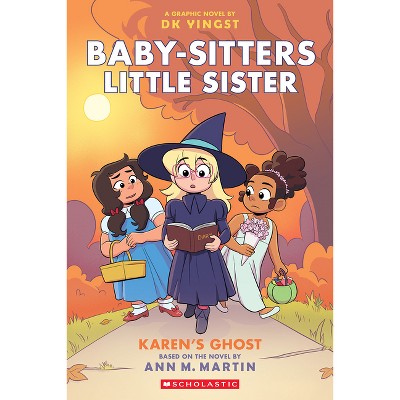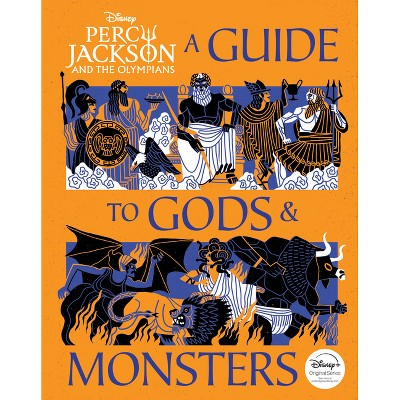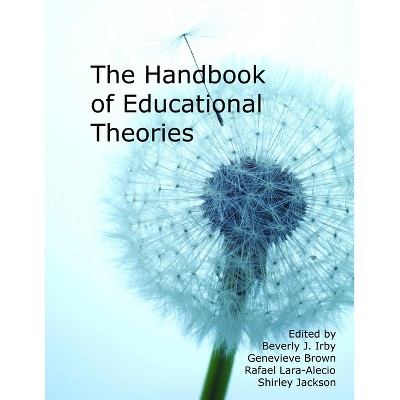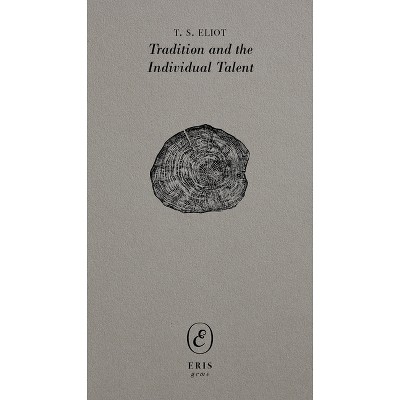Sponsored

Realism After the Individual - by Rafael Walker
$115.00
In Stock
Eligible for registries and wish lists
Sponsored
About this item
Highlights
- A study of the transformation of the realist novel in the hands of early-twentieth-century American writers, who adapted this quintessentially nineteenth-century genre to the conditions of their age.
- About the Author: Rafael Walker is associate professor of English at Baruch College, the City University of New York, where he is also affiliated with the Department of Black and Latino Studies and the Program in Women and Gender Studies.
- 200 Pages
- Literary Criticism, American
Description
About the Book
"A study of the transformation of the realist novel in the hands of early-twentieth-century American writers, who adapted this quintessentially nineteenth-century genre to the conditions of their age. Realism after the Individual offers a new theoretical paradigm for understanding realist novels published in the United States between 1900 and 1920, a period that has been described wrongheadedly as a "gulf" or a "valley" in American literary history. In this generation of writers, only three have remained in favor among critics: Kate Chopin, Edith Wharton, and Theodore Dreiser. Others have disappeared from view altogether-writers such as Harold Frederic, Robert Grant, Robert Herrick, David Graham Phillips, and Booth Tarkington, all of whom were critically acclaimed bestsellers in their day. As Rafael Walker shows, this generation of writers deserves new attention for the way they revised many core facets of the nineteenth-century novel in response to the historical shifts around it. This generation of novelists not only rejected liberal individualism but also formulated alternative paradigms for conceptualizing selfhood. The result was a slew of woman-centered realist novels that broke with literary precedent: the novels punish characters not for desiring too much but for failing to desire enough; they depict subjectivity not as private and interior, but outward-facing; and they view closure not as the novel's aim but a convention to flout. Realism after the Individual both revises prevailing views of American realism and lays the foundation for an alternative account of the development of literary modernism, one that illuminates the continuity between realism and the modernism that followed it"--Book Synopsis
A study of the transformation of the realist novel in the hands of early-twentieth-century American writers, who adapted this quintessentially nineteenth-century genre to the conditions of their age. Realism after the Individual offers a new theoretical paradigm for understanding realist novels published in the United States between 1900 and 1920, a period that has been described wrongheadedly as a "gulf" or a "valley" in American literary history. In this generation of writers, only three have remained in favor among critics: Kate Chopin, Edith Wharton, and Theodore Dreiser. Others have disappeared from view altogether--writers such as Robert Grant, Robert Herrick, and Booth Tarkington, all of whom were critically acclaimed bestsellers in their day. As Rafael Walker shows, this generation of writers deserves new attention for the way they revised many core facets of the nineteenth-century novel in response to the historical shifts around it. This generation of novelists not only rejected liberal individualism but also formulated alternative paradigms for conceptualizing selfhood. The result was a slew of woman-centered realist novels that broke with literary precedent: The novels punish characters not for desiring too much but for failing to desire enough, they depict subjectivity not as private and interior but as outward-facing, and they view closure not as the novel's aim but as a convention to flout. Realism after the Individual both revises prevailing views of American realism and lays the foundation for an alternative account of the development of literary modernism, one that illuminates the continuity between realism and the modernism that followed it.Review Quotes
"In Realism after the Individual, Walker offers an original and forceful reading of 'second generation' realists. For Walker, these authors approach realism as a flexible genre rife with unexpected potential for contesting an ideology of individualism that had come to seem ill-suited for a new age of incorporation and association. Transatlantic in its conceptual framing and invaluable for both teaching and research on these periods, this elegantly argued and necessary book will have wide appeal."-- "Nathan Wolff, Tufts University"
"Written with a verve and wit worthy of its subjects, Realism after the Individual delightfully upends what we thought we knew about the American novel. Casting plots of development to the winds, Walker's array of oft-neglected realists scandalized readers with their fascinated trackings of unrepentantly desiring heroines amid a shifting social landscape and paved the way for American modernism in the process."-- "Jennifer Fleissner, University of Chicago"
About the Author
Rafael Walker is associate professor of English at Baruch College, the City University of New York, where he is also affiliated with the Department of Black and Latino Studies and the Program in Women and Gender Studies. He is the editor of two critical editions, one of Nella Larsen's Passing and the other of Kate Chopin's work, titled The Awakening and Selected Stories.Dimensions (Overall): 8.5 Inches (H) x 5.5 Inches (W) x .63 Inches (D)
Weight: .83 Pounds
Suggested Age: 22 Years and Up
Number of Pages: 200
Genre: Literary Criticism
Sub-Genre: American
Publisher: University of Chicago Press
Theme: General
Format: Hardcover
Author: Rafael Walker
Language: English
Street Date: December 26, 2025
TCIN: 1006060919
UPC: 9780226845050
Item Number (DPCI): 247-33-1449
Origin: Made in the USA or Imported
If the item details aren’t accurate or complete, we want to know about it.
Shipping details
Estimated ship dimensions: 0.63 inches length x 5.5 inches width x 8.5 inches height
Estimated ship weight: 0.83 pounds
We regret that this item cannot be shipped to PO Boxes.
This item cannot be shipped to the following locations: American Samoa (see also separate entry under AS), Guam (see also separate entry under GU), Northern Mariana Islands, Puerto Rico (see also separate entry under PR), United States Minor Outlying Islands, Virgin Islands, U.S., APO/FPO
Return details
This item can be returned to any Target store or Target.com.
This item must be returned within 90 days of the date it was purchased in store, shipped, delivered by a Shipt shopper, or made ready for pickup.
See the return policy for complete information.
Trending New Books

$11.98 - $11.99
MSRP $15.99 - $19.99 Lower price on select items
3.5 out of 5 stars with 8 ratings
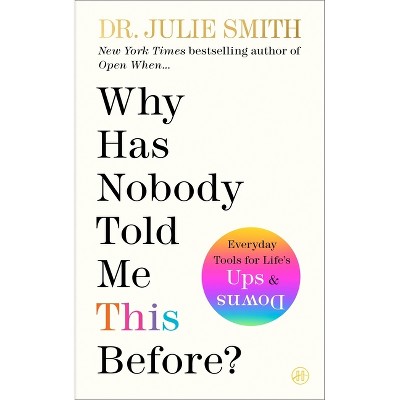
$14.69 - $15.99
MSRP $19.99 - $27.99
4.8 out of 5 stars with 53 ratings






